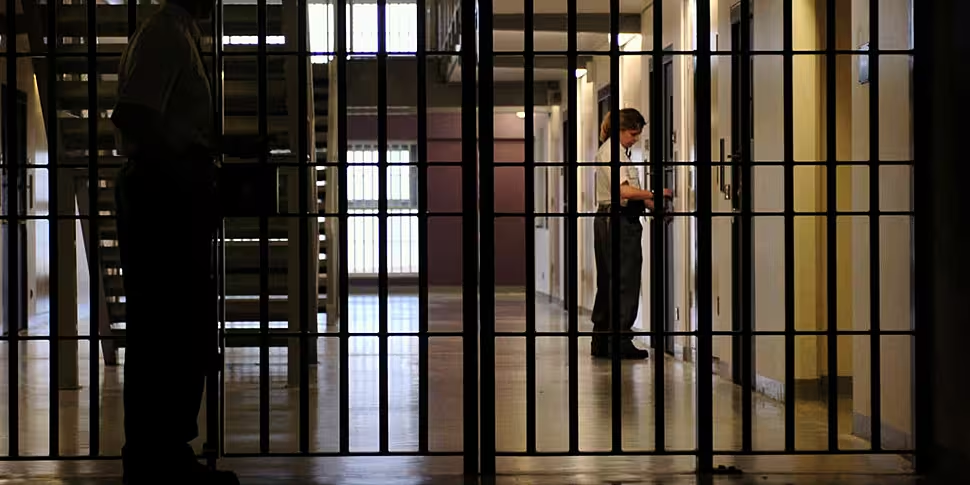Convicts serving life sentences in prison must serve at least 12 years before being eligible for parole under legislation coming into force today.
The minimum period before a first parole hearing was previously seven years.
The change was announced as Justice Minister Heather Humphreys commenced the Parole Act – which establishes a new statutory Parole Board to make decisions on parole applications.
While life sentence prisoners will now be eligible for parole after 12 years, the average time served by those released in the past decade was 18 years.
The new Parole Board is made up of a chairperson and 12 board members, a number of whom have experience working with victims and prisoners.
The new Parole Board includes members with significant experience of working with victims as well as prisoners. And life-sentence prisoners must now serve 12 years before being considered for parole, compared to the previous 7, which was distressing for victims. Read more👇🏻 https://t.co/BLxStTs0jf
— Heather Humphreys (@HHumphreysFG) August 11, 2021
It means decisions on parole will now be independent of the minister.
Announcing the establishment of the new board, Minister Humphreys said: “The Parole Board plays a vital role in the justice system.”
“Transparency and accountability is vital in achieving fairness for victims of crime and rehabilitation for the prisoners. I believe that the new independent Parole Board will considerably improve the system as it currently operates.
“The change to the length of a life sentence which must be served, from seven years to 12 years, before an initial parole hearing is a recognition that the previous period was distressing for victims. I believe the new period of 12 year is a positive change.
“I am also glad that the new Board includes members who have significant experience of working with victims as well as prisoners.”
The Parole Act also sets out “clear and transparent criteria” for how the Board will reach its decisions.
Parole can only be granted if the Board is “satisfied the prisoner does not pose an undue risk to the public, that he or she has been rehabilitated and that it is appropriate in all the circumstances to release him or her on parole.”
Victims or crime will be able to make submissions to be board before decisions are made.
The new board will be chaired by Judge Michael White.









